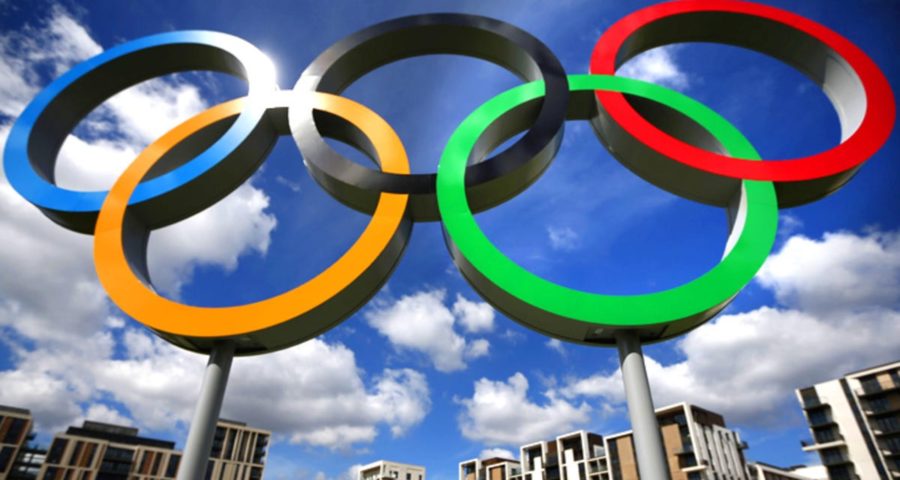
The Olympics is the largest sports event on earth. This article describes the history of the olympics.Click here to read articles on Sports.
History of the Olympic Games
The Olympic competition is known since ancient times, the first reports date from 776 BC, in the city of Olympic in Greece. The modern Olympic games began in Athens, 1896, with the coordination of the Baron de Coubertin. Since then they are carried out every 4 years, with few exceptions (World War I and II). The modern Olympics have generated a worldwide movement based on sport and healthy competition, framed by innumerable anecdotal facts that make the history of world Olympics something interesting and enjoyable to read. Visit this site to read articles on Sports.

The origin
We have knowledge that a thousand years ago about three, towards 776 BC in the city of Olympia, ancient Greece, athletes from different regions gathered to compete in different sports at the time. Athletes were expected to providethe best performance for pride of his hometown. In exchange they were proclaimed as heroes, placing a crown made of olive branches, cut with a special knife by a 12-year-old boy, who as a condition should have his parents alive. The champions offered their trophy to the god Zeus. From that moment the athlete’s maintenance was borne by the municipality for the rest of his days. The sport was done without clothes and with bare feet. Women were excluded and their participation as spectators was forbidden. Any violation of the rule was paid with death. However, a mother proud of her son’s participation and disguised in a robe entered clandestinely to observe her participation.
During the game season a sacred truce was maintained throughout the country called EKECHEIRI, giving the event a connotation of peace and harmony that could not be violated under any circumstances. As graphic evidence about the games of antiquity are some Etruscan crafts where the athlete was captured competing in different sports disciplines. Almost 20 centuries later the Baron de Coubertin, from a family of the French aristocracy, on a trip to the stadium Olympic of Greece, he had the brilliant idea of restarting the games that were held in the ancient city of Olympia.
The nineteenth century
The Baron, a man who despite the pressure of his family changed the military career for teaching, with law studies and his ideology always framed within social equality, understood that the sports activity of that time was only the privilege of the people of wealthy class from Great Britain. He then considered the need to massify it within the entire population, recognizing its benefits in the development of maturity, nobility, work capacity and physical well-being that generated the effort and healthy competition. Added to this idea were technological advances from the second half of the 19th century, with the invention of steam ships and the telegraph, a fortunate situation that shortened the distances between the different continents.






